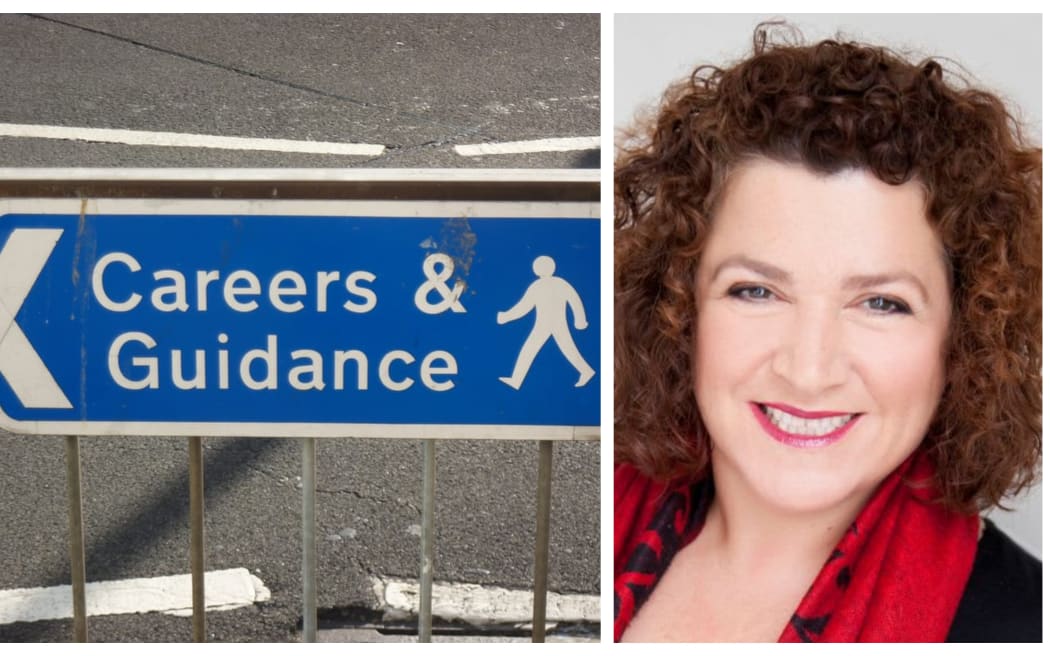
Photo:
The most important thing when it comes to changing jobs - or careers - is not doing it as a "knee jerk" reaction, a career expert says.
Caroline Sandford has worked in the careers industry for more than 20 years and has experience across career counselling and coaching, career transition, change management as well as coaching through job searches and interviews.
Sandford told Summer Times January can be a time of reflection, as many people head back to work after a break over Christmas and New Year's.
It was the first time in a number of years the start of the year had not been overshadowed by flooding and Covid-19, giving people the opportunity to stand back and think about what they want out of their job.
If people were dreading going back to work because of the impact it had on their emotional, physical or mental wellbeing, Sandford said it might be the time to consider something else.
But the decision needed to be well considered and not a "knee jerk" reaction.
If their job was impacting a person's wellbeing, the decision "absolutely" needed to be made sooner rather than later, but consideration was needed for paying bills, and having the support and resources to make any change.
She said it was important a person understood what they needed in a job or career going forward.
They needed to think about what they found important, what they needed to thrive, and understand what they were interested in doing.
Sandford said many people worked in jobs they were not interested in, but still turned up and delivered.
But in order to bring joy back into their working life, it was important to like the environment and people they worked with.
If that could be achieved, "you're onto a real winner", she said.
Q and A with Caroline Sandford
I want to change my career because I'm bored, tired and depressed. I know what I need to do but cannot afford to study.
Sandford said this was a complicated scenario given the listener knew what they wanted to do but it required investment. She suggested being creative about making it happen, and said the listener should consider working part-time or having a conversation with their employer to see if they were willing to be flexible while the employee retrained.
How do people deal with getting back in the workforce after a break or maternity leave?
Sandford said a lot of situations that took people away from paid work could have a negative impact on confidence. It was important to spend time thinking about what the person had done well in that time and the skills gained.
Many people who return to the paid workforce after bringing up families have worked on committees, learnt negotiation skills, and organised events. This was "huge value" for employers, but the person needed to see value in it themselves and be able to market it. People also needed to reflect on what they wanted to do moving forward, as their life may have changed in the time away and they may be interested in a different line of work.
I had a 18-month long break away from work due to stress. What do I put on my CV for that time?
Time away for stress-related reasons was nothing to be ashamed of, Sandford said.
But it also was not an employer's business. They could say they had time out to resource, or experience new things - but the employer did not need to know.

